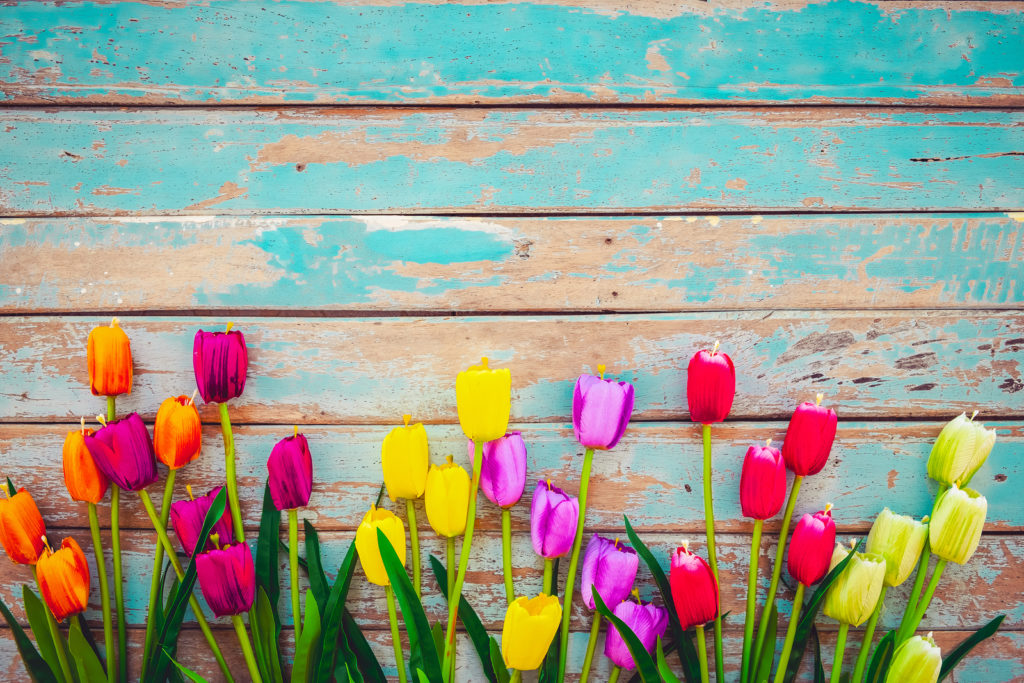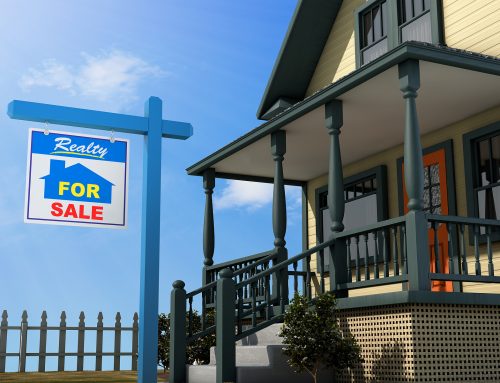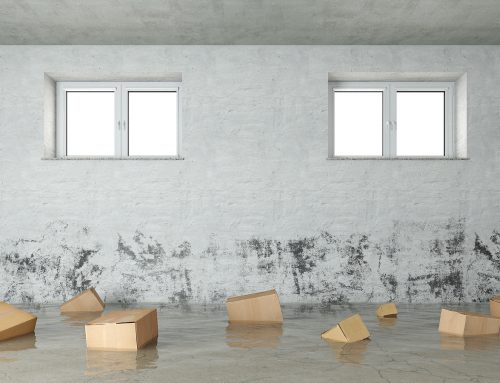
Shade gardens can be such a pleasant surprise. In that spot where you think nothing will grow, there are plants that will not only grow, but flower and thrive as well.
Depending upon climate, there are tropicals, perennials and annuals that will flower throughout the summer in a shady location.
Astilbe
If you are looking for plumes of color for that shady spot, consider planting astilbe (Astilbe x arendsii). These perennials are quite easy to grow and will bloom from late spring and through the summer.
Astilbe flowers are white, pink, lavender or red, and are striking when grown in bunches or along a shady walkway. Give the plant rich soil and water to keep the soil moist. Astilbe is hardy to USDA zones 4 to 9.
Camellia
The only problem with choosing a camellia shrub (Camellia spp.) for your shady garden is trying to figure out which variety to grow, which color to grow and which flower form.
The Japanese camellia (Camellia japonica) is the most popularly-grown species in the home garden. With more than 2,000 cultivars, gardeners can choose those that bloom in double, semi-double or single flowers, in shades of white, pink and red.
Although the young camellia will thrive in deep shade, as it ages it will need a bit of morning sun to produce the gorgeous flower show.
Camellia is hardy from USDA zone 6 or 7 (depending on variety) to 10. Watch the Grumpy Gardener’s Guide to Camellias video for additional tips.
Heuchera
The National Gardening Association’s “Perennial of the Year” in 2012, Heuchera (Heuchera spp.) is commonly known as coral bells (Heuchera sanguinea).
Heuchera is popular not only because it’s so easy to grow, but for its mind-boggling diversity in form and color – with nearly 50 different species.
Dainty flowers provide color to the shade garden, in white, pink and red hues. Learn more about Heuchera and get tips on choosing the right one for your garden at wimastergardener.org.
Hosta
Don’t discount the value of brilliant foliage in your shade garden. Hosta (Hosta spp.) is a favorite, across the country. Although they die back in winter, the gorgeous foliage appears again in spring.
Check out ‘Autumn Frost” to provide a pop of color along a walkway or wall in the shade garden.
Grow the hosta in well-drained soil amended with lots of organic matter. It’s hardy in USDA Zones 3 to 9.
Hydrangea
Is there a flower lover on earth who isn’t impressed with hydrangea blooms? The mopheads, with their huge, round flowers or the panicles that drip from the shrub – what’s not to like?
Best of all (at least for the shade gardener), is that too much sun is brutal on the hydrangea. In fact, a spot that receives morning sun and afternoon shade is ideal.
Hydrangea is a deciduous shrub and, depending on variety, may grow from four to 12 feet tall. Learn more about the different types of hydrangea and their care at Clemson University’s website.
Impatiens
This African native is, according to horticulturists at the University of Maryland, the top selling bedding plant in the country. The reason: it’s very easy to grow.
Impatiens come in 15 colors, from white to bright and will grow quite well in the shade. They do require moist soil at all times to keep blooming.
Impatiens are also lovely in containers and hanging baskets. This cutie is hardy in USDA Zones 6b to 11.
Lungwort
If you prefer to carpet the soil with in your shady gardening spot, choose a groundcover. Lungwort (Pulmonaria spp.) is one worth considering.
Flowering in shades of purple, red, white or pink, lungwort is a clumping perennial. Most varieties grow nine to 10 inches in height and spread two to three feet wide.
Lungwort prefers slightly moist soil at all times. If the roots get too dry the plant will wilt and it will rot if the roots get too much moisture. The experts at Iowa State University suggest watering it every week to 10 days if there’s no rain.
Lungwort grows best in USDA hardiness zones 3 through 7.
Happy summer gardening!
Powered by WPeMatico





